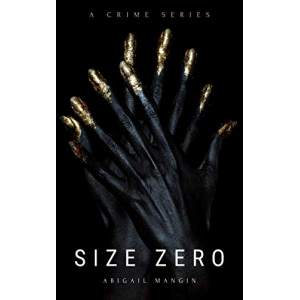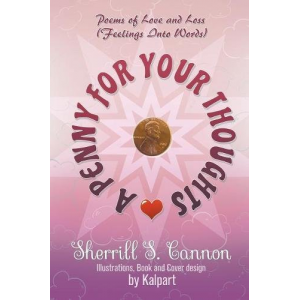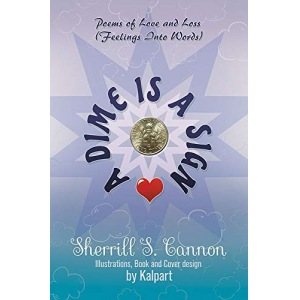- Author
- Book
- Story behind the book
- Media Links
- Reviews
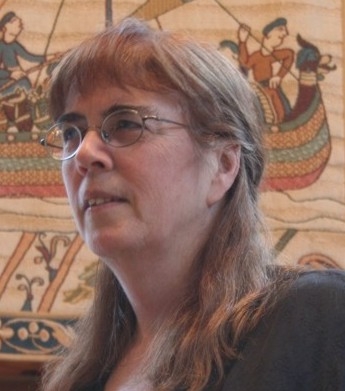
Mercedes Rochelle
About
I write Historical Fiction about 11th Century Britain. Come witness the tumultuous events surrounding the Viking Invasion with Canute the Great and his heirs. Visit late Anglo-Saxon England with Earl Godwine, Harold Godwineson, and King Edward the Confessor; see Macbeth's and Malcolm III's Scotland, and watch events unfold leading to the Battle of Hastings and the Norman Conquest..
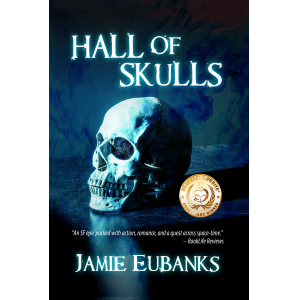
HALL OF SKULLS
Description
Story Behind The Book
King James I was a great witch hunter, and considered himself an expert on the subject. So why would Shakespeare write a play about witches setting up his ancestor, so to speak? At face value, it doesn't seem to make sense. However, a closer look at Holinshed gives us an alternative: "the common opinion was, that these women were either the weird sisters, that is (as ye would say) the goddesses of destiny, or else some nymphs or fairies imbued with knowledge of prophesy." Well, that is something altogether different! The word "weird" has its origins in the Saxon word wyrd meaning fate, or personal destiny. Some even attribute the first modern use of the word "weird" to Shakespeare. If you look at the Weird Sisters from the Scandinavian point of view, the word wyrd translates to Urd, one of the Norns of mythology who controlled the destiny of mankind. Presumably that would be more palatable than agents of the devil. If we were to accept that the Witches were actually the Norns, their presence makes more sense to me. Like the Greek Fates, their will was thought to be unalterable. The Norns are said to appear at the bedside of a newborn and shape the child’s future. Hence they appear several times in my novel; their heavy guiding hand is never entirely far away. Although modern scholars tend to believe that Banquo and his heirs never really existed, if their genealogy is good enough for Shakespeare, it's good enough for me!
